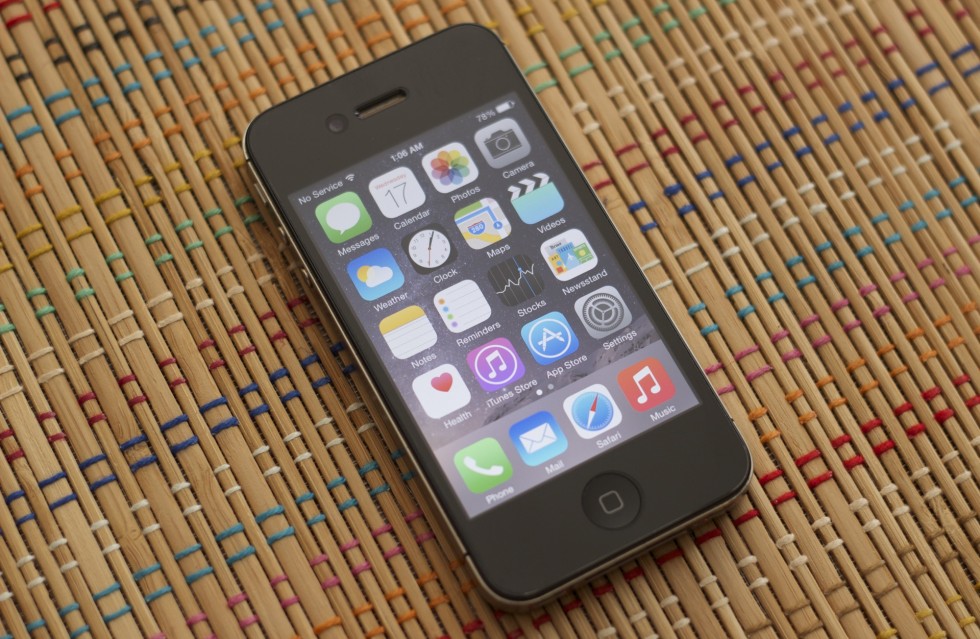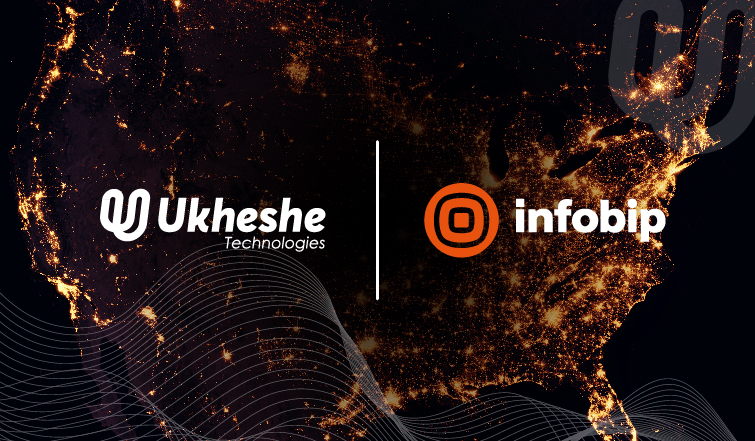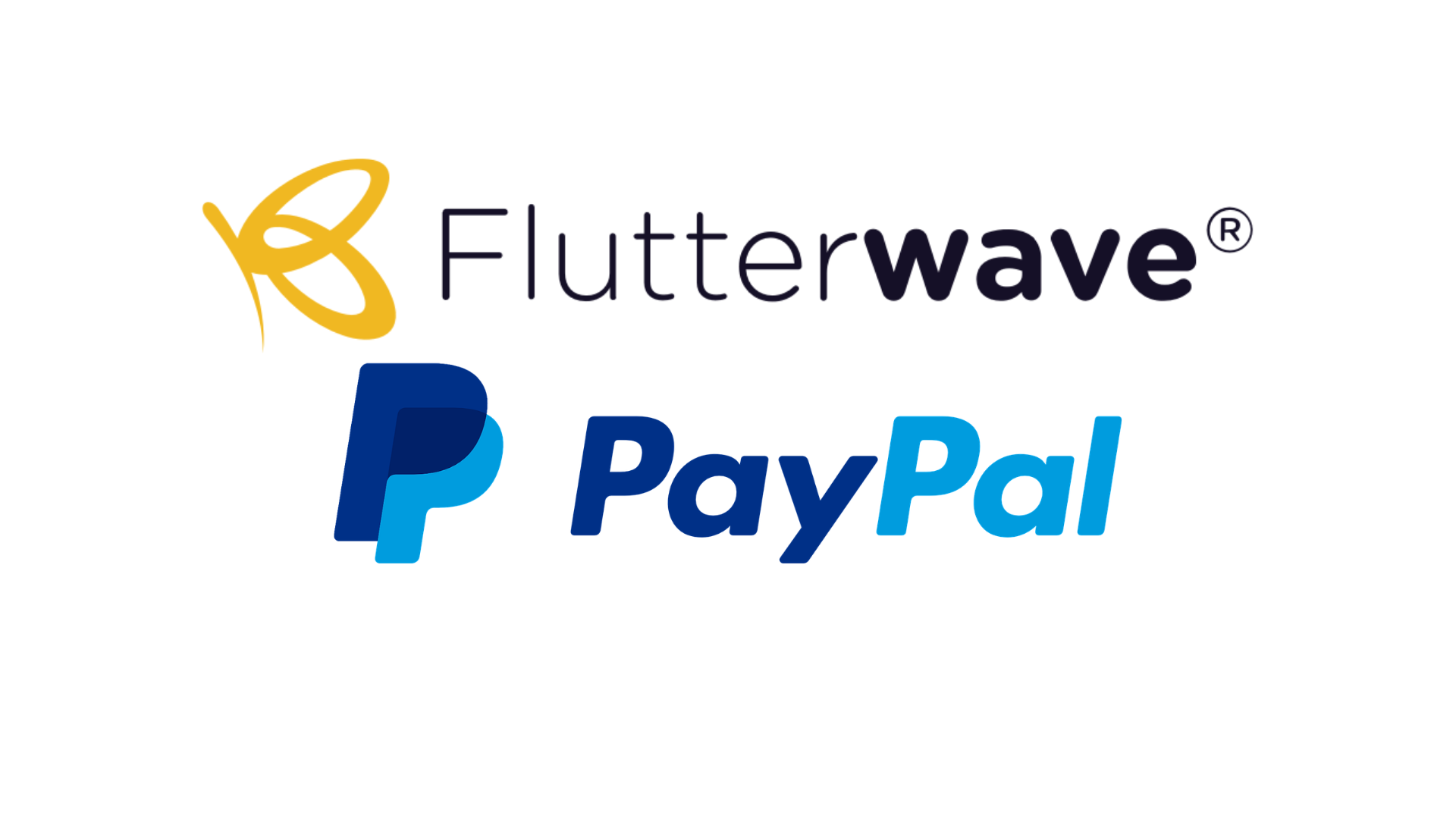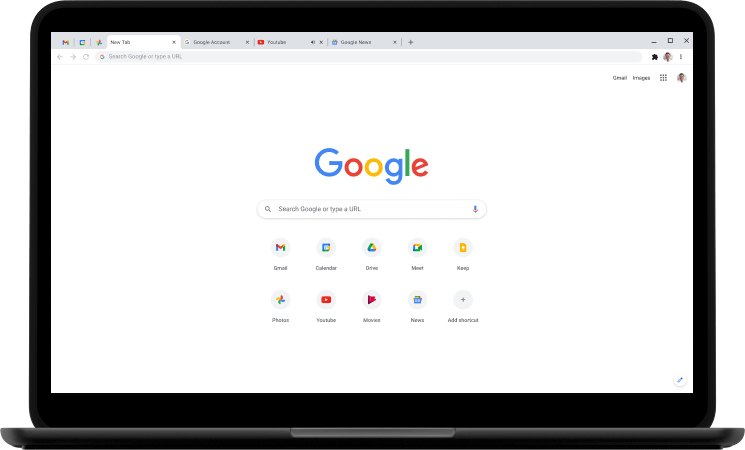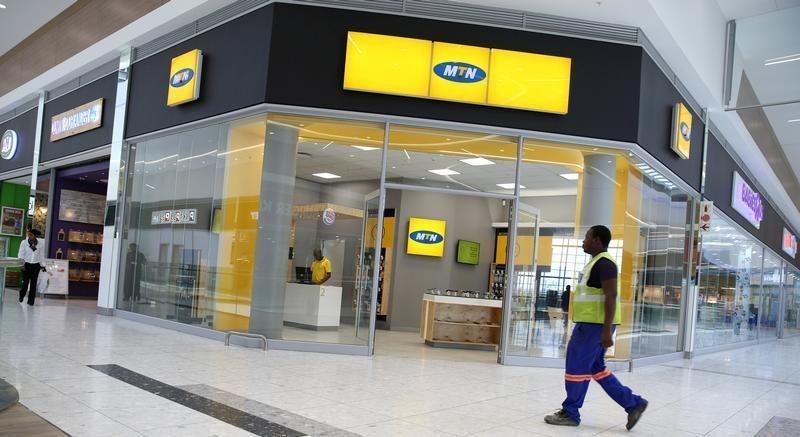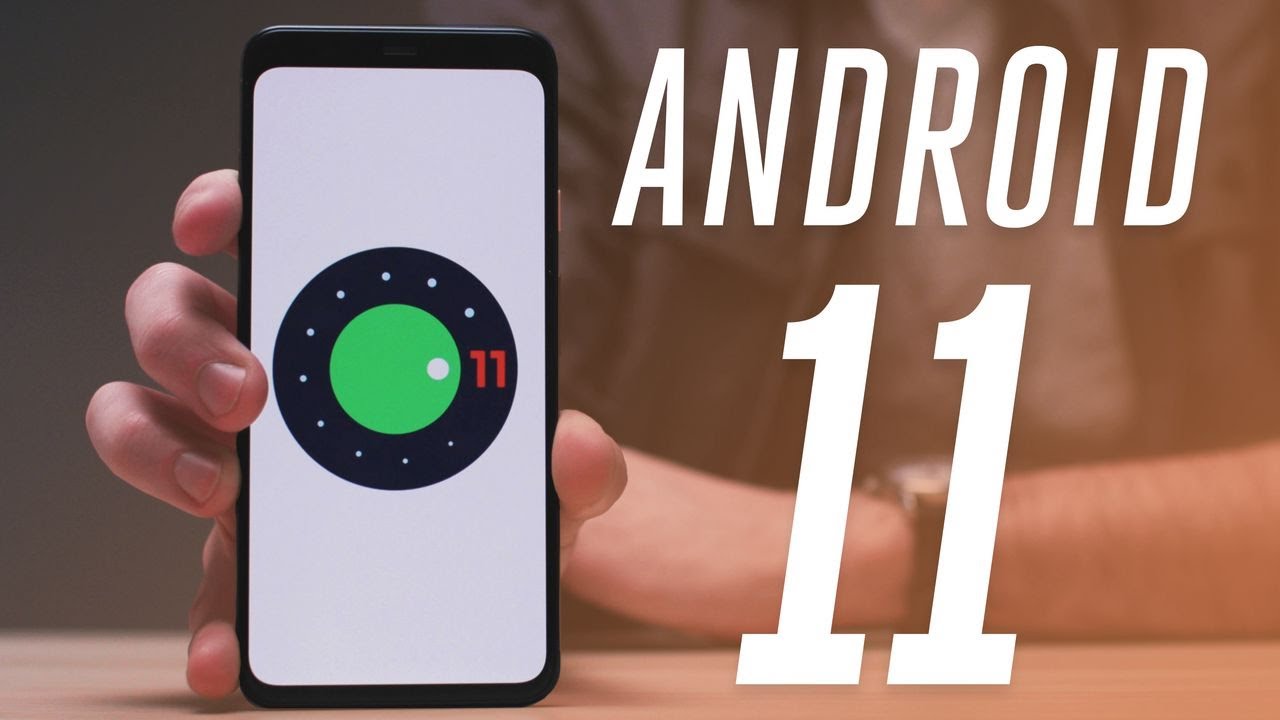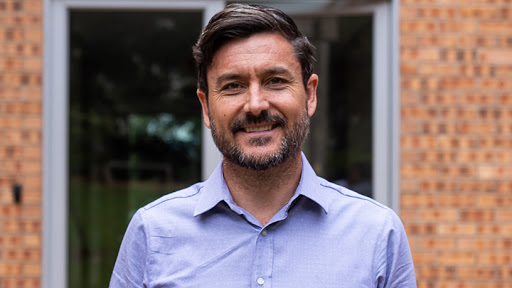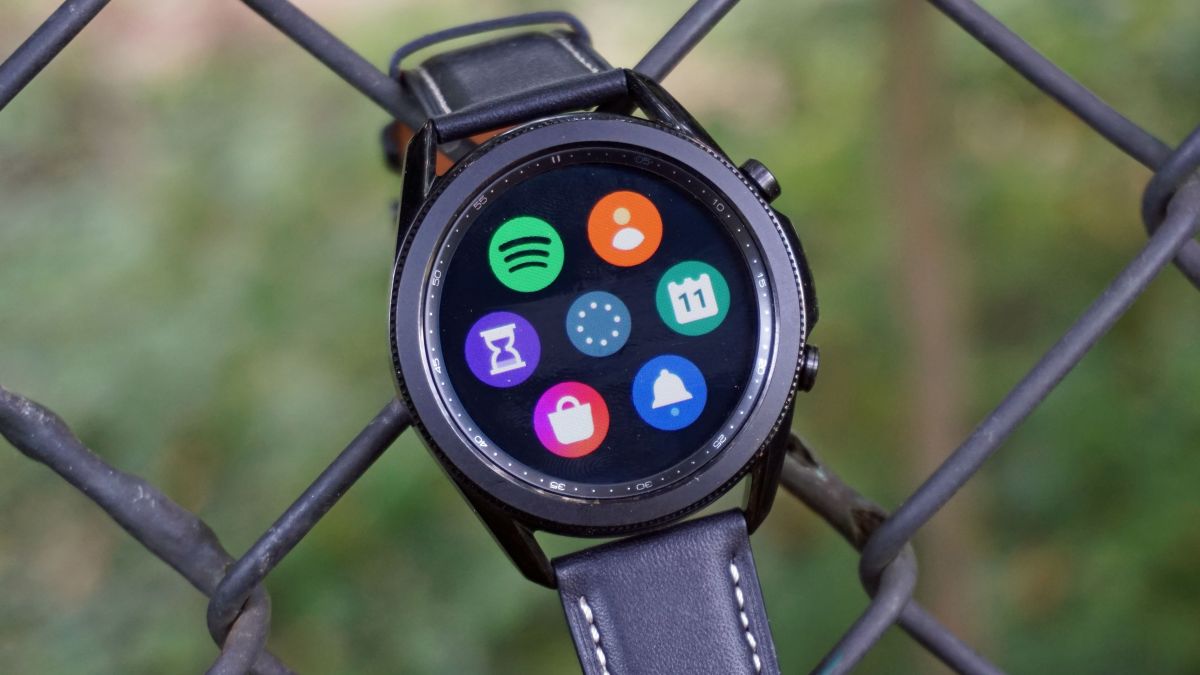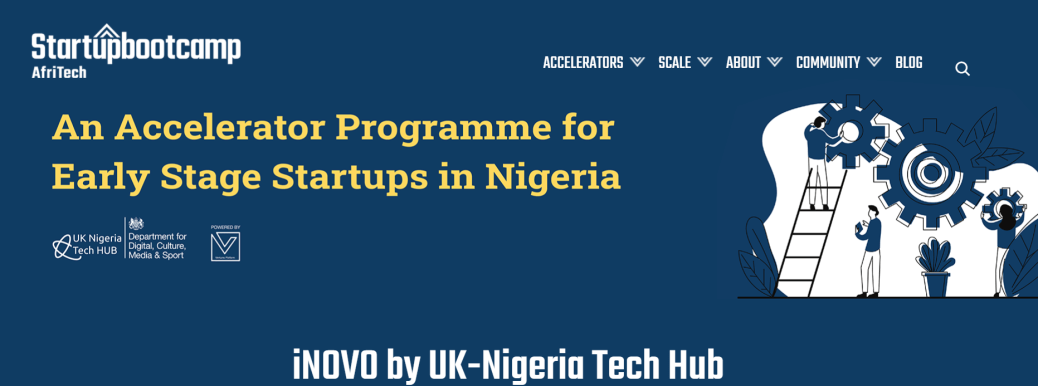If you still happen to have the iPhone 4S, you might not be able to use WhatsApp on your device anytime soon.
We don’t suppose that there are still a lot of people stuck with this unit out there, but it would surprise you that about 8% of the millions of iPhone users all around the world are on the iOS 12. Most of these users will have to be the iPhone 4S totters that we are talking about here.
As of the start of this week, WhatsApp announced that they won’t support units that are on the iOS 9 platform anymore. Recall that the iPhone 4 series are the ones that won’t go beyond that software level, considering the usual 5 year upgrade cycle that Apple offers to its users.
For those who have their main WhatsApp on this device – or any other WhatsApp account that is dear to them – you might want to use this time to backup your chats and download it somewhere. That way, you can port your WhatsApp account to a supported device without losing your chats.
If you are looking for a new device to change to, you can consider any unit from the iPhone 8 series up to the iPhone XS Max. If you have more to splash, though, nothing stops you from looking at the iPhone 11 or iPhone 12 units.

